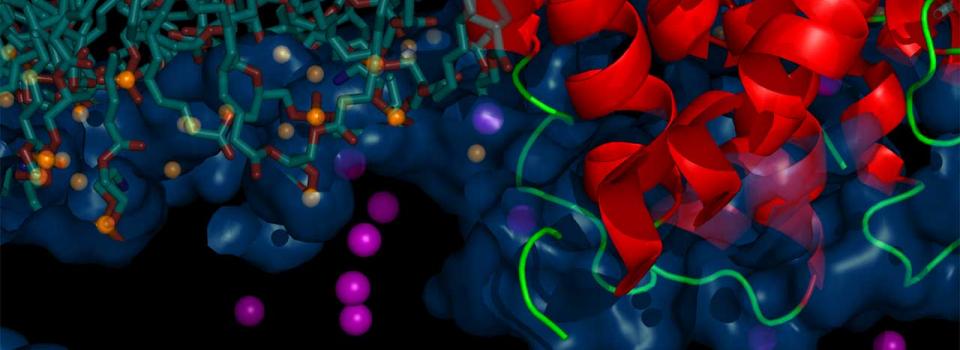
The seminar is sponsored by NYU-ECNU Center for Computational Chemistry at NYU Shanghai
Abstract:
As the most abundant protein in human, collagen serves as a scaffold of biological processes in extracellular connective matrix. Collagen has also been widely utilized as bioactive cell culture substrates in tissue engineering. Here, biophysical properties of collagen were approached in two aspects (1) computational design of collagen sequences to induce the orthogonal assembly of multiple heterotrimers via electrostatic interactions(JACS, 2011, 133:15260); (2) computational modeling of collagen inter-helical interactions via shape complementarity to promote its higher-order assembly (JACS, 2013, 135:18762). With these projects, we demonstrate how computational methods could help to design collagen-based biomaterials.
Biography:
Dr. Xu received her Ph.D. in Biochemistry from Rutgers, the State University of New Jersey, at 2007 and carried out her post-doctoral research at Center for Advanced Biotechnology and Medicine at Rutgers. She was awarded with the 11th Youth One Thousand Plan at 2015, and started her own research group at School of Biotechnology, Jiangnan University in Wuxi. Her research interests are focused on computational design and experimental characterization of fibrous proteins.


